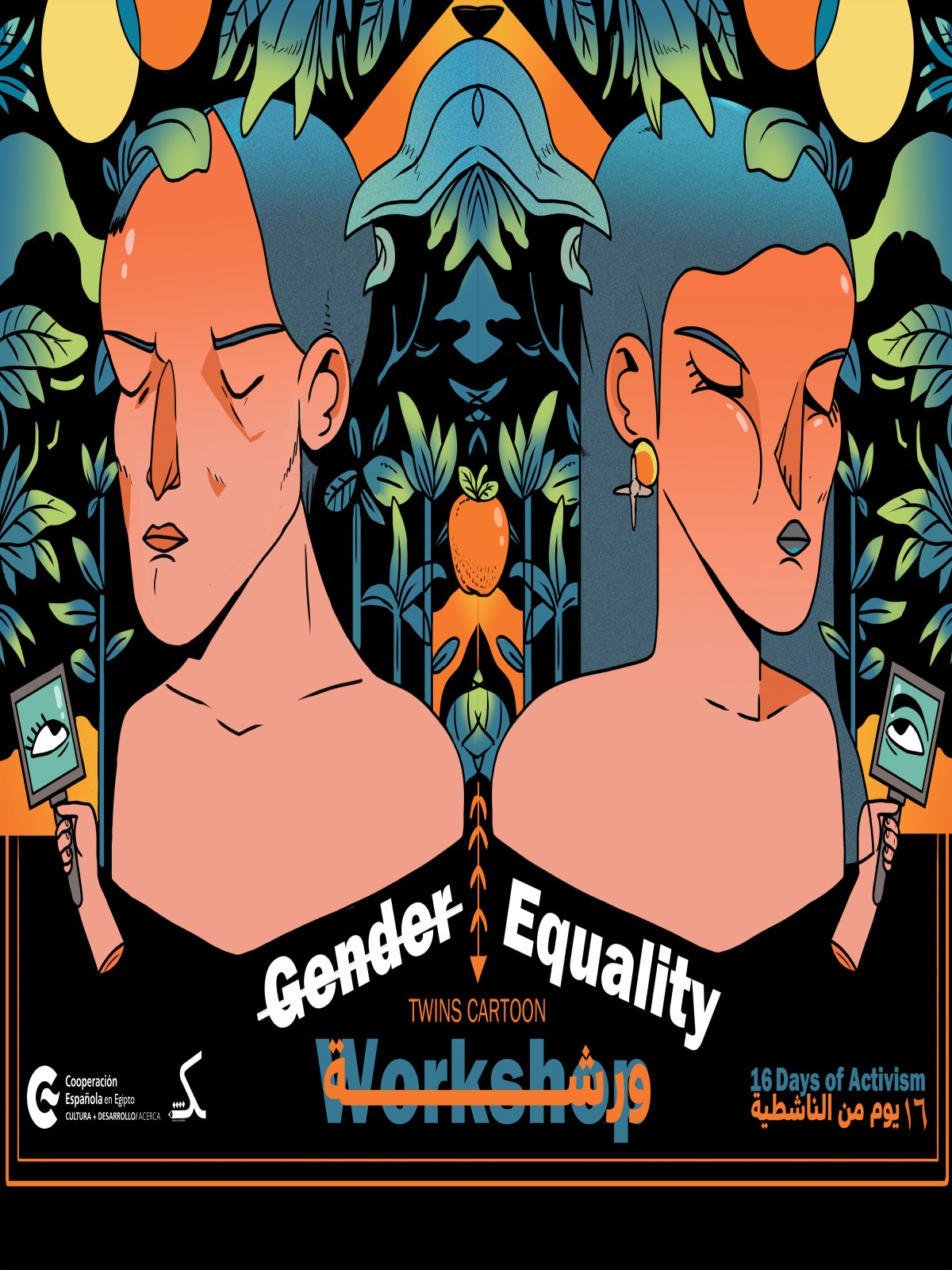
Art, in its true sense, can represent a multitude of meanings; it can help us ponder, feel, contemplate and alter our perception; helping shape reflective individuals. To create art that reflects the various societal issues is also an indication of socially aware and mindful art, which is connected to a reinvigorated sense of civic engagement and of social justice.
In Egypt, art was used in various ways over the years to reflect the diversity of human events and pivotal historical events, such as the January 25 uprising, where street artists expressed their dissent and emotional rage on Cairo’s walls. Today, feminist issues are being expressed through ‘artivism’ in Egypt; a form of art that combines artwork with activism, with examples including the Artopathic social platform. Sara Ayman Ragab is also another artist behind the the viral sexual harassment outfit, which became a rallying cry for Egypt’s ongoing #MeToo movement.
Mohamed and Haitham Elseht (Twins Cartoon), who are the founders of Garage comics magazine, co-founders of Cairo Comix International Festival and promoters of the collective Kawkab el Rasameen initiative, led the Gender Equality workshop in a collaboration with the Spanish Agency for International Development Cooperation in November 2020 during the 16th Days of Activism. It is the third year in a row that the Spanish Cooperation organizes this workshop within the framework of the 16th Days of Activism.
“To move forward with the gender agenda, it is important to change laws and regulation, to increase women’s participation in the economic and political life, but also to contribute to change the mindsets,” the Spanish Cooperation said in a statement, “this workshop is a shared learning experience in which the participants explore how gender and gender inequality has an impact in their artistic work, and how their work can have, in turn, an effect in achieving gender equality.”
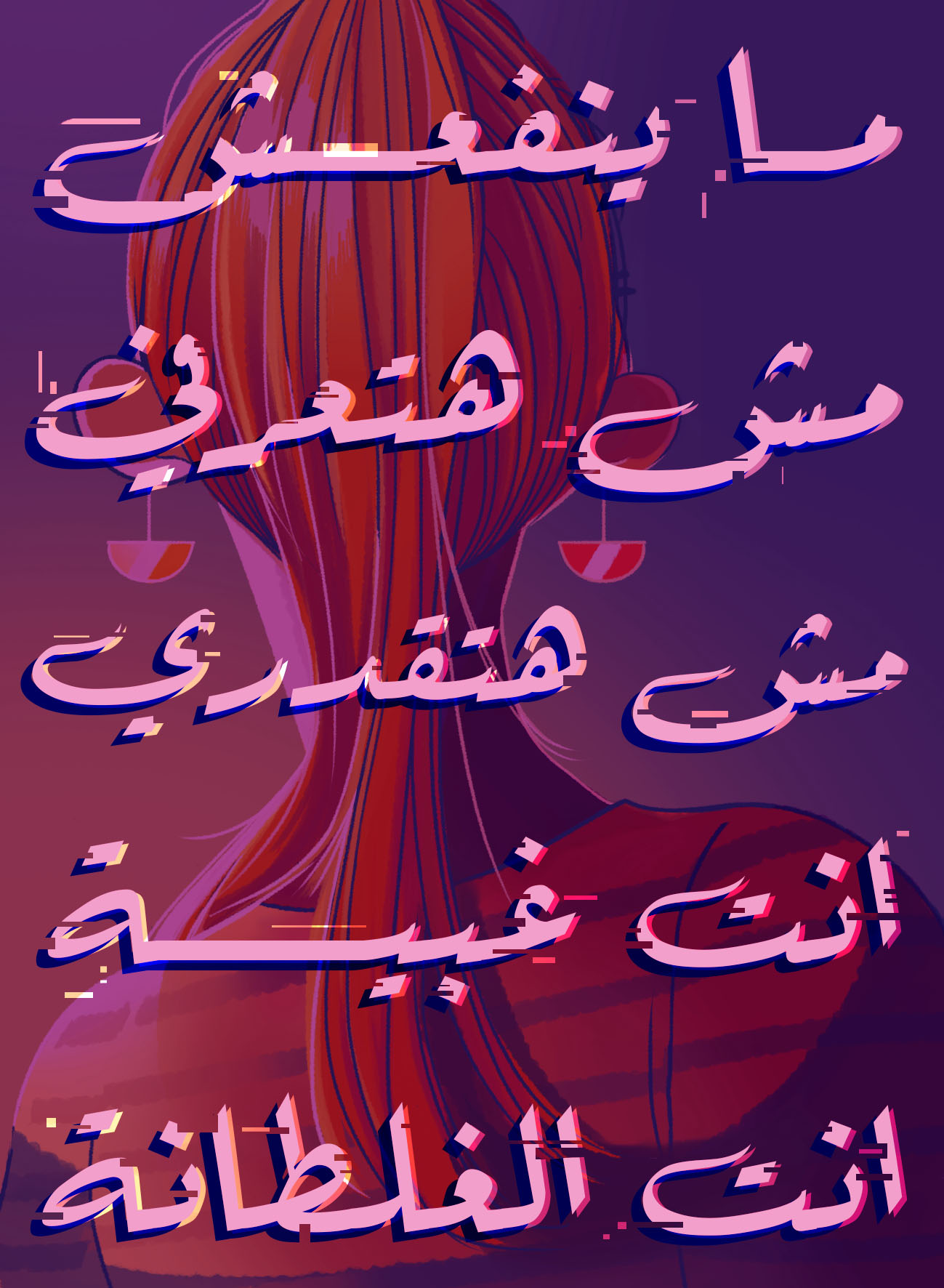
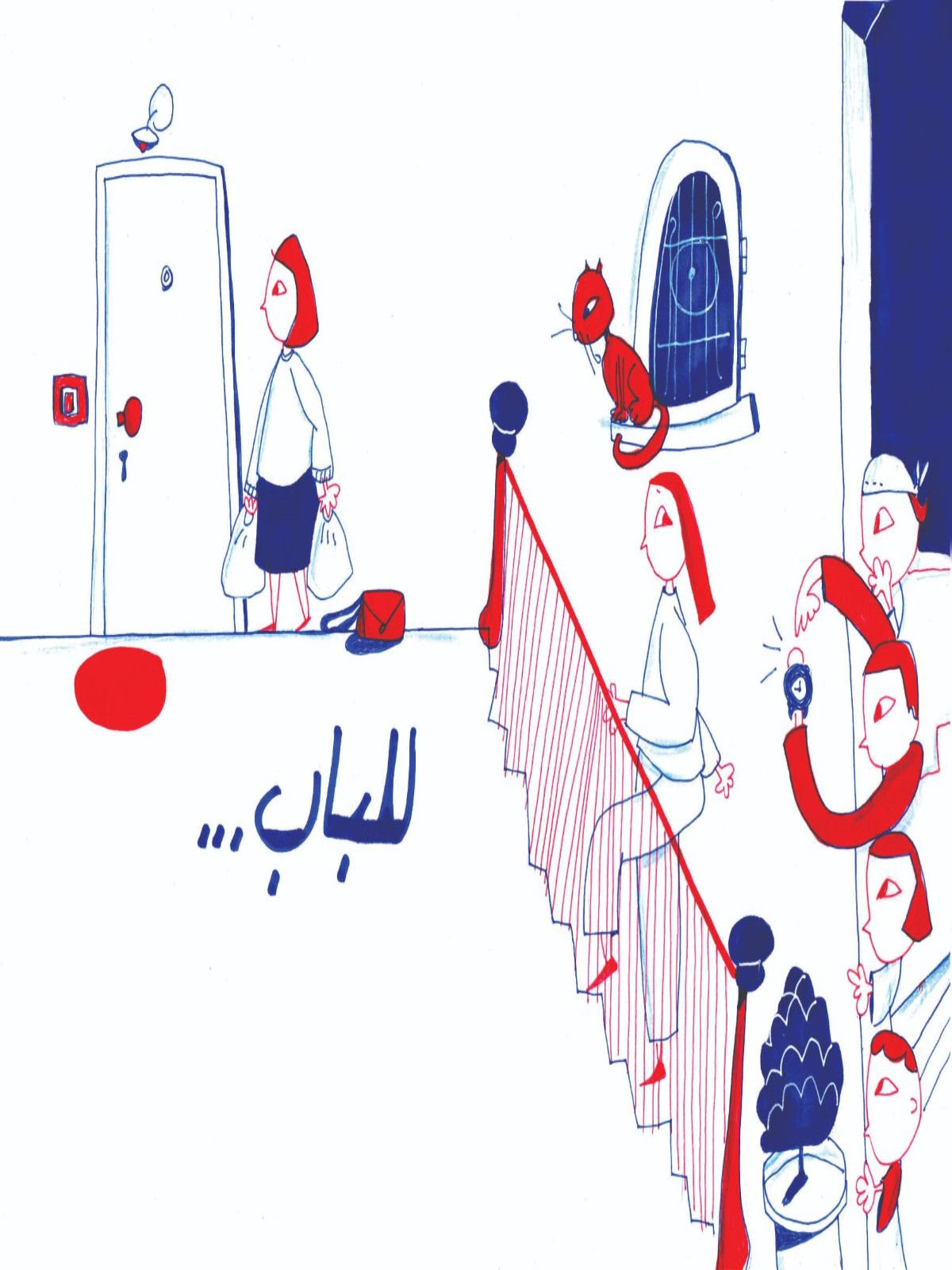
“Our work is aimed towards creating a triangle between the community, the artists, and the different associations or stakeholders in society, so the idea behind the workshop was to express the issue of gender equality through visual stories that can represent some people’s realities as well,” Mohamed Elseht tells Egyptian Streets.
“We find that there is often a gap between art and activism in Egypt, and this is why we launched Kawkab El Rasameen because we wanted to push the idea that it’s not just a matter of being an artist, but we are also activists and socially engaged. We don’t need to find solutions to every issue, but we aim to shed light on it and alter people’s perceptions through art that incorporates a sense of the public realm.”
Taking a critical stance to better understand the gender stereotypes in place in the visual representation of women and men, the workshops allow the artists to build new perspectives and propose works that address feminist issues. In 2020, six young Egyptian artists have taken part on the activity: Farid Nagy Nasry, Noha El-Gendi, Agnes Michalczyk, Muhamed El-Hagrasy, Sohaila Khaled and Sandra Moneer.
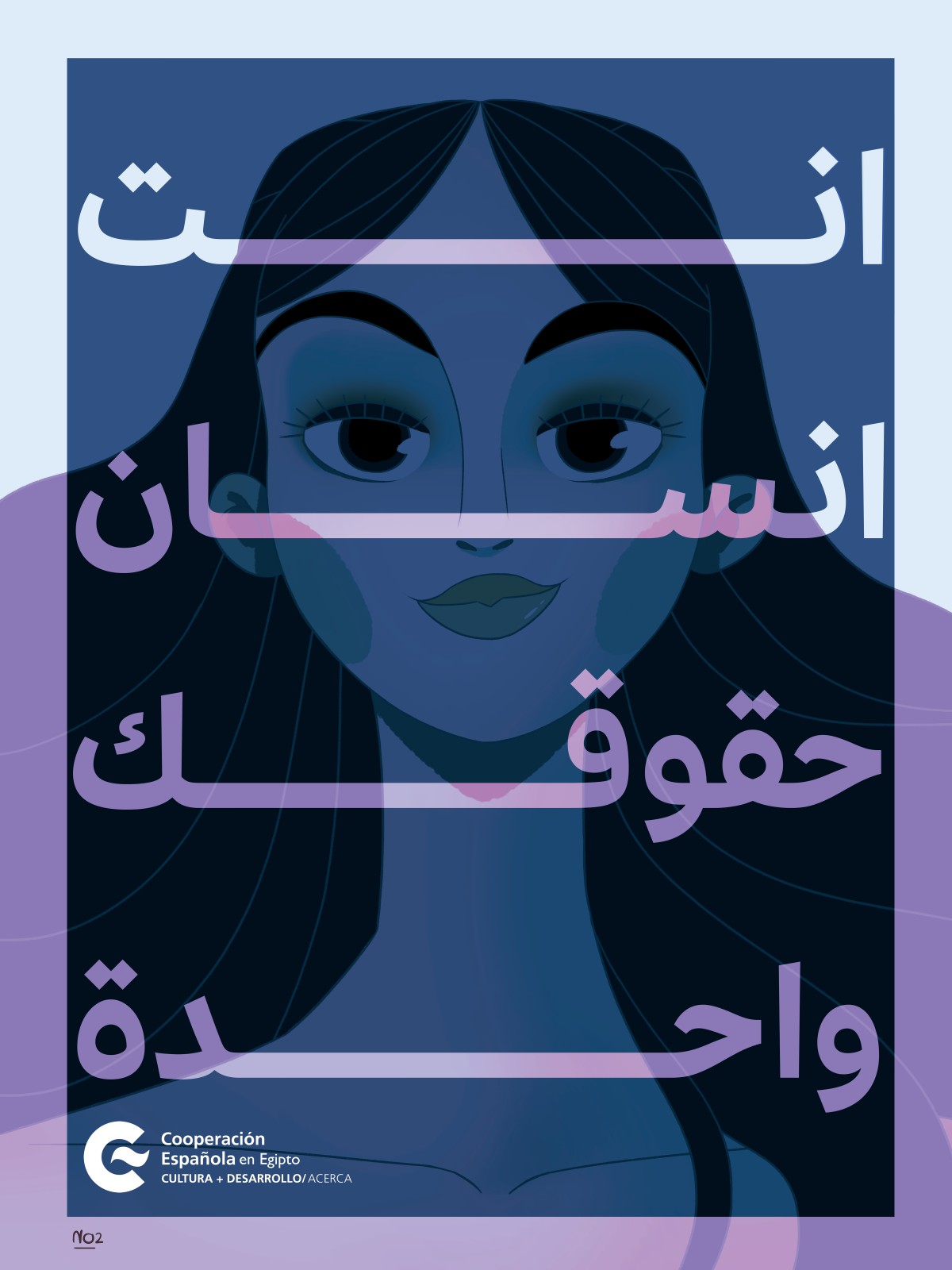
“I joined this workshop as I truly believe in the power of visual language, and its effectiveness in spreading awareness as it is easily perceived by the general public in comparison to spoken or written language,” 22-year old Sandra Moneer, illustrator and filmmaker, tells Egyptian Streets.
Noha El-Gendi, art director at Extend Agency for marketing and advertising, also joined the workshop due to its interactive and supportive sessions that helped her connect with various different artists in the room and learn from them.
“For one of my artworks, I was inspired by the Bint Al-Nil women’s magazine by renowned feminist Doriya Shafiq, which had a political section titled (Know the World) to emphasize that women should be familiar with the events that are happening around them and also participate to support their community positively and confidently,” she tells Egyptian Streets.
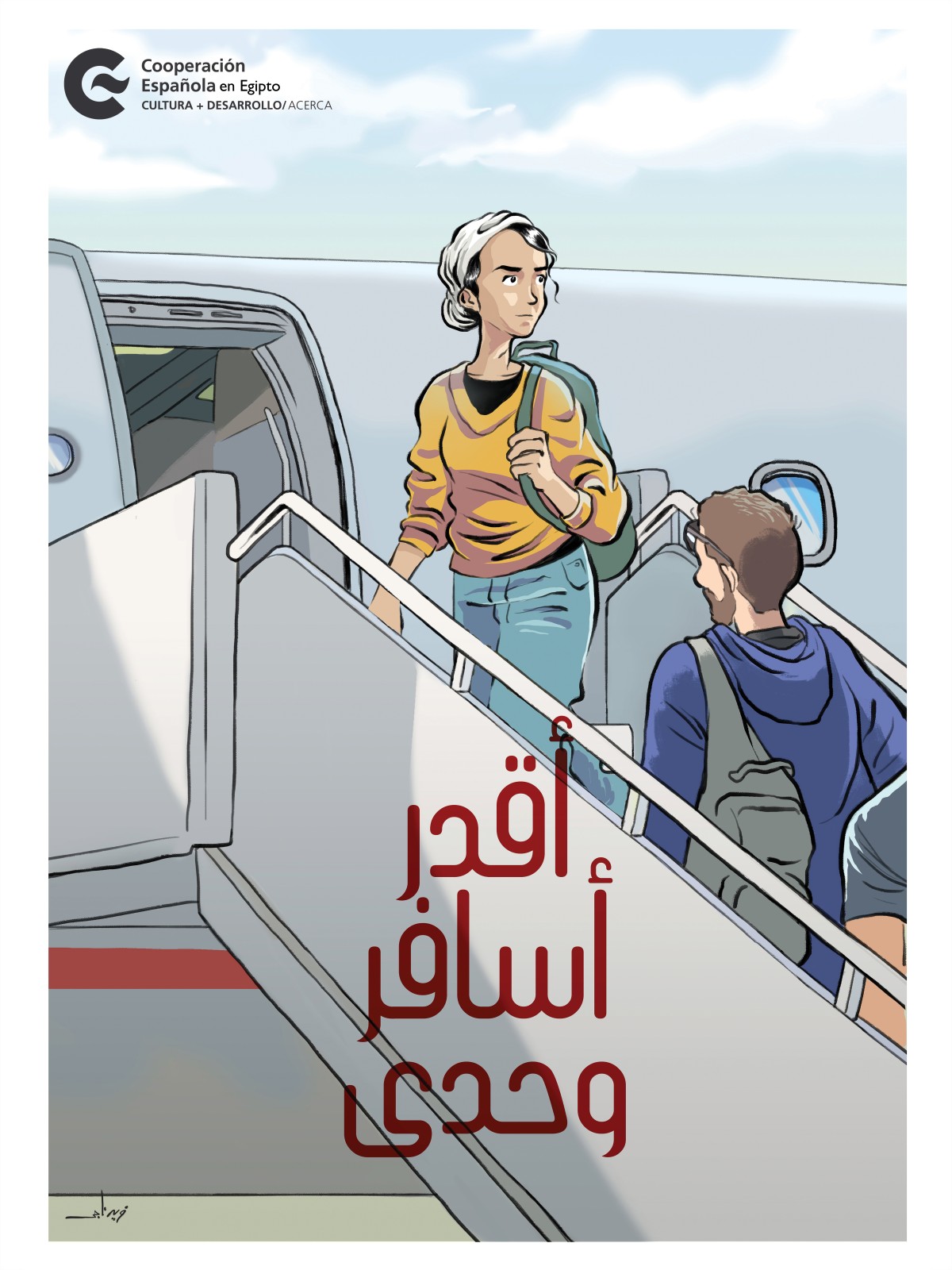
Farid Nagy, another participant in the workshop, tackled the right of girls to travel through his artwork. “In Egypt, there is a huge number of women who have been prevented from traveling alone for working or even studying abroad under the pretext of customs and traditions. I believe that we have to change this tradition and give them the opportunity to travel on their own – they must have the freedom to decide,” he said.
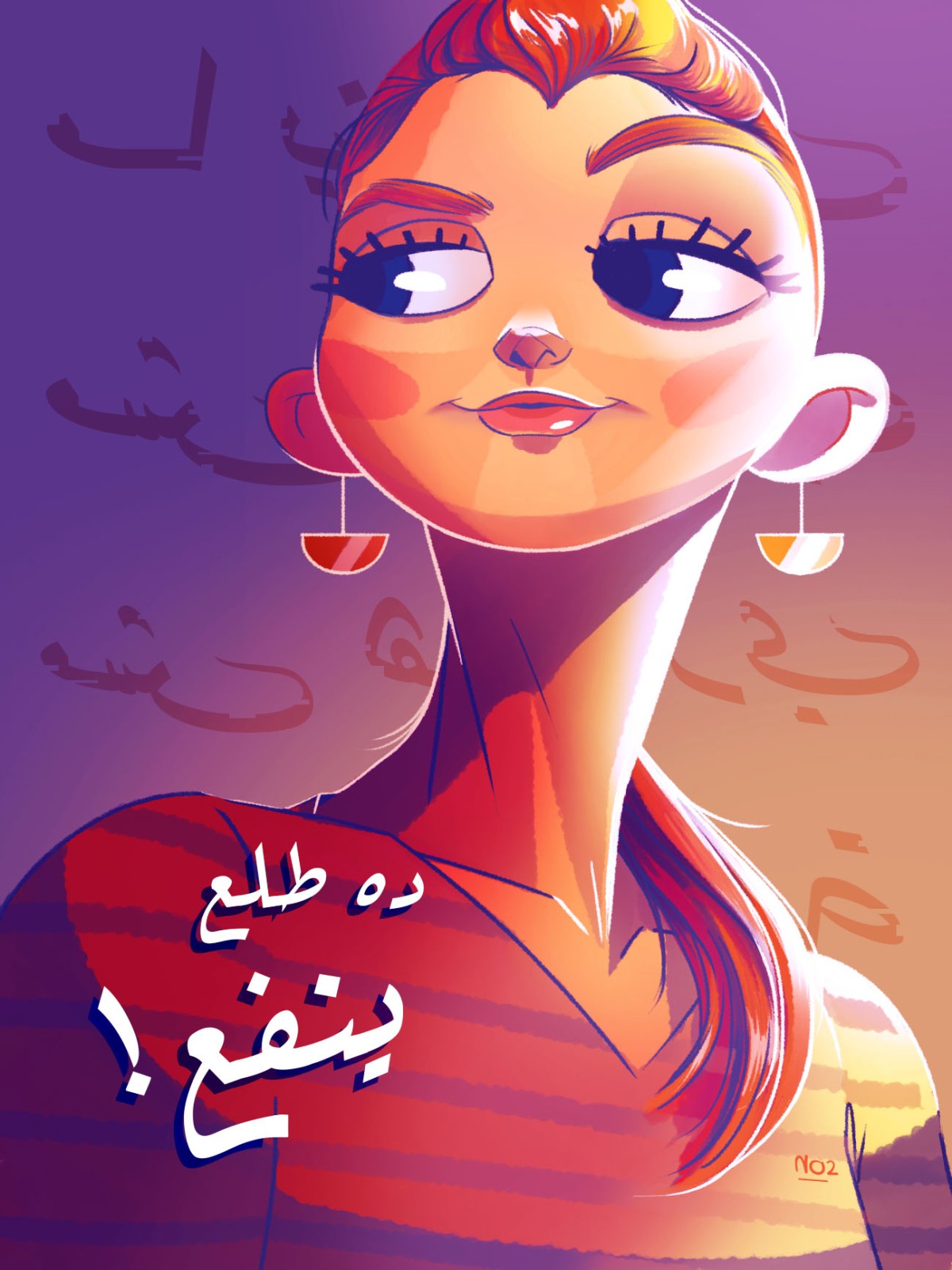
Sohaila Khaled, an illustrator specialized in children’s books illustration, noted that the workshop gave her an open space to express personal struggles as a woman, and the freedom to speak up and express through Illustrations and comics. “The wide spectrum of ideas from other participants was definitely an eye opener for me,” she says, “I wanted to express the everyday life situations we face as women and the tiny little details in our day to day lives as women.”
On the occasion of the 8th March, the Spanish Cooperation in Egypt is preparing an agenda of activities around the theme Drawing Equality, gathering some of the works produced during the workshops in an exhibition that will be open to the public at Mashrabia Annex from the 2nd to the 8th March.
To complete the agenda, a new edition of the Drawing Equality workshop will be held at the Technical Cooperation Office of the Spanish Cooperation in Cairo on the 12th and 13th March, where Egyptian artists Sandra Moneer and Noran Fikri will guide six new young artists in a new reflection journey around gender issues.
Feminism Through Art Over the Years
Since the early 20th century, a period which witnessed major socio-political changes in the country, women artists played alongside social and feminist activists to raise social and political consciousness through their art. One prominent example includes Inji Aflatoun, who used surrealism to fight against fascism and political propaganda, and also exhibited her work with the Art and Freedom Group.
Gazbia Sirry is also another famous artist who used visual language to express her ideas on independence and social justice. Most of her work focuses on women performing various roles in the public and private spheres, tackling issues such as polygamy and strengthening the fertility and reproductive power of women.
Instagram is now increasingly becoming a space for young artists to share their visuals and activism, which helped initially spark the #MeToo movement through ‘Assault Police’ as well as bring to the forefront other talented female illustrators from the Middle East that call for social change.
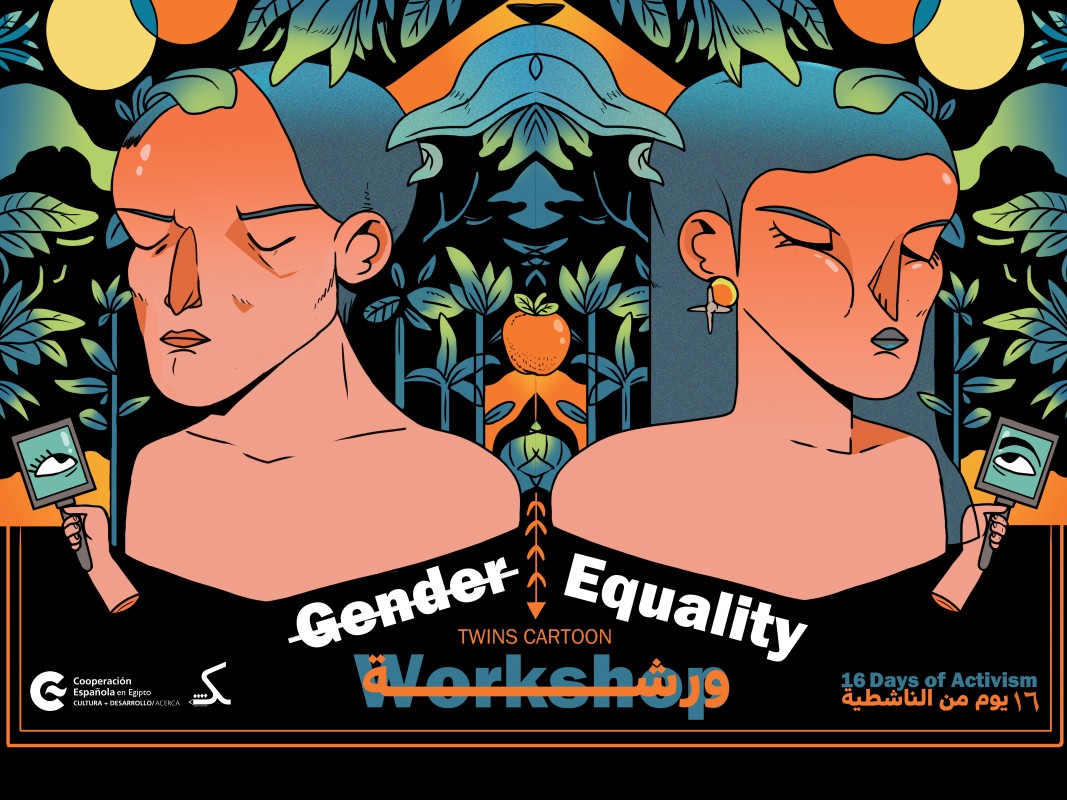



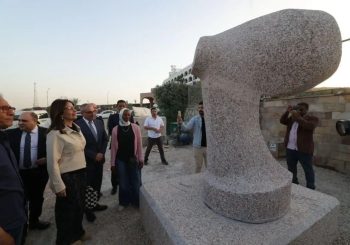
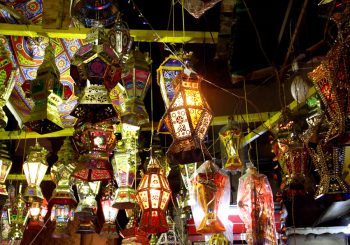
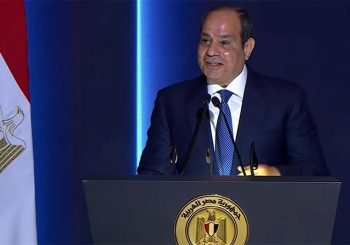
Comments (3)
[…] Fighting Gender Stereotypes and Sexism: Art Meets Activism in Cairo Workshop […]
[…] Fighting Gender Stereotypes and Sexism: Art Meets Activism in Cairo Workshop […]